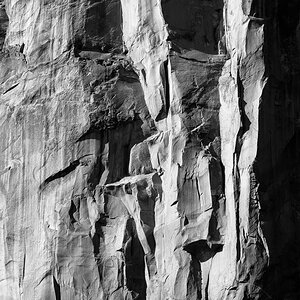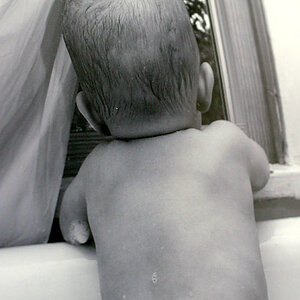- Joined
- Dec 11, 2006
- Messages
- 18,743
- Reaction score
- 8,047
- Location
- Mid-Atlantic US
- Website
- www.lewlortonphoto.com
- Can others edit my Photos
- Photos NOT OK to edit
There was an extended discussion, now closed, about the 'right' equipment for a specific situation.
My belief and experience is that, once the equipment is above a certain threshold of capability, that the photographer is much, much, much more important than any lens or body. (every time I read this sentence I felt constrained to add another 'much')
Yes, you can always find situations where extreme capability makes better images but that's not the point.
A photographer works with what he/she has in hand.
The better the mind that drives the finger that presses the button, the better the result.
There is a photographer who posts here who purposefully works with simple equipment and matches his shots to the capabilities of his equipment ( http://www.thephotoforum.com/forum/general-gallery/350562-tarp-pile.html )
Here is another example. taken with a P&S, hand-held, f3.5, 1/20 inside the Opera House in Paris.
A photographer uses what he/she has.
My belief and experience is that, once the equipment is above a certain threshold of capability, that the photographer is much, much, much more important than any lens or body. (every time I read this sentence I felt constrained to add another 'much')
Yes, you can always find situations where extreme capability makes better images but that's not the point.
A photographer works with what he/she has in hand.
The better the mind that drives the finger that presses the button, the better the result.
There is a photographer who posts here who purposefully works with simple equipment and matches his shots to the capabilities of his equipment ( http://www.thephotoforum.com/forum/general-gallery/350562-tarp-pile.html )
Here is another example. taken with a P&S, hand-held, f3.5, 1/20 inside the Opera House in Paris.
A photographer uses what he/she has.


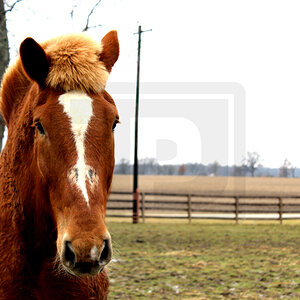
![[No title]](/data/xfmg/thumbnail/39/39188-ef8378fc9359eda8e99899c2e12f3892.jpg?1619738906)
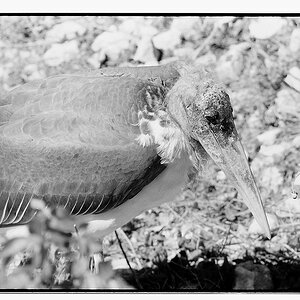

![[No title]](/data/xfmg/thumbnail/37/37108-62307f01c11ef92f5655ed4501d565ce.jpg?1619737882)
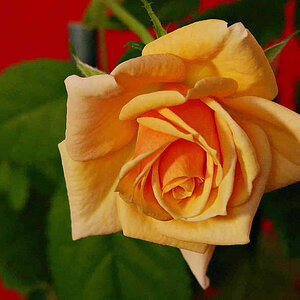
![[No title]](/data/xfmg/thumbnail/40/40414-0d191cae467ae156374e5d8744c94b85.jpg?1619739465)
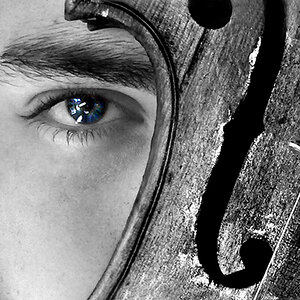
![[No title]](/data/xfmg/thumbnail/37/37104-99933b18ee16678a8299f12747336d48.jpg?1619737882)
